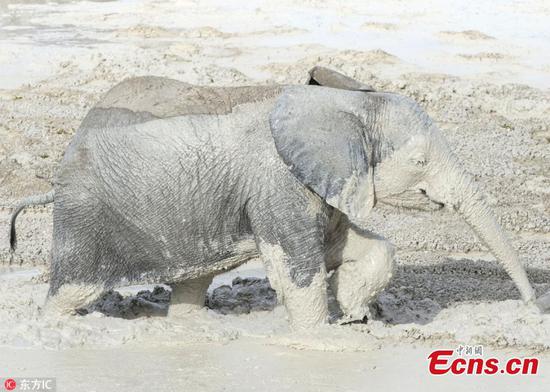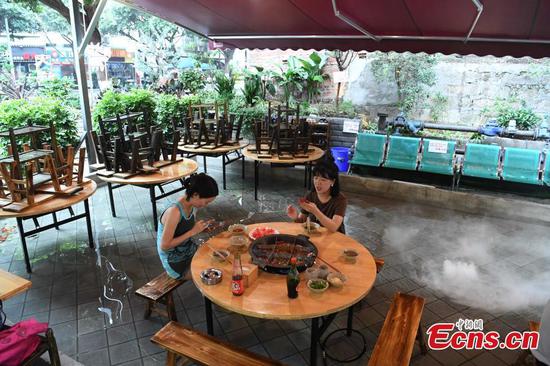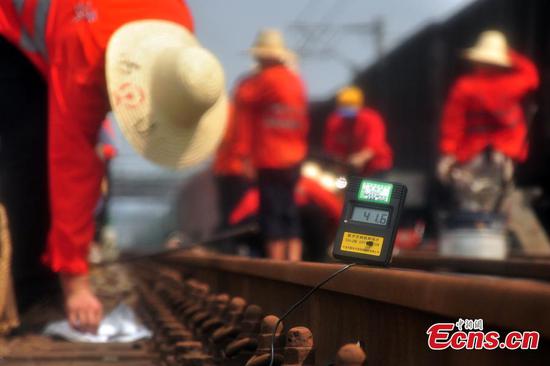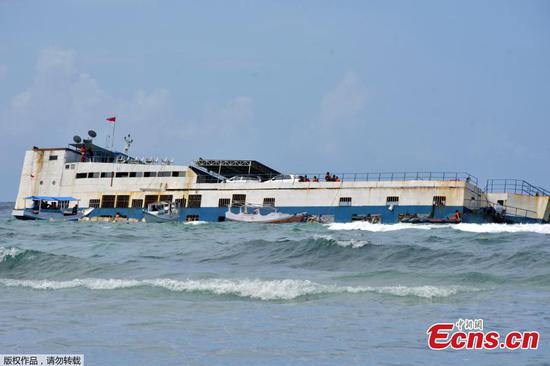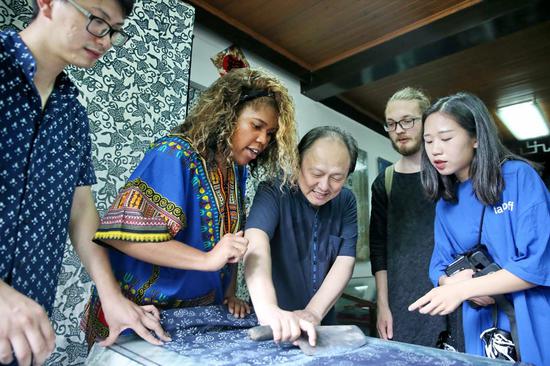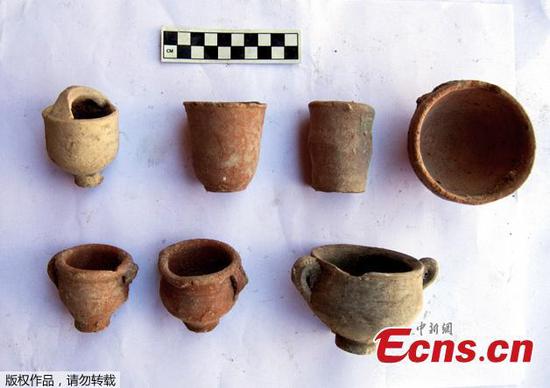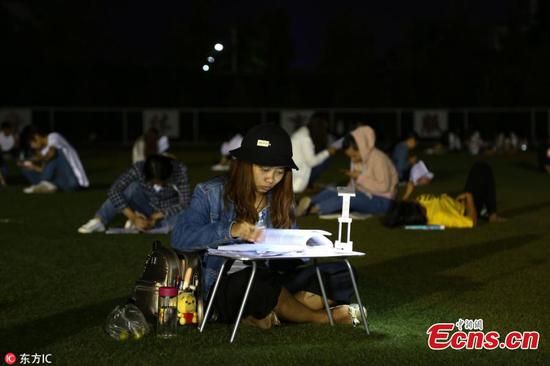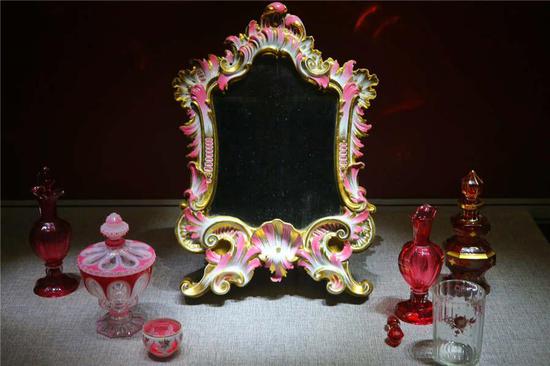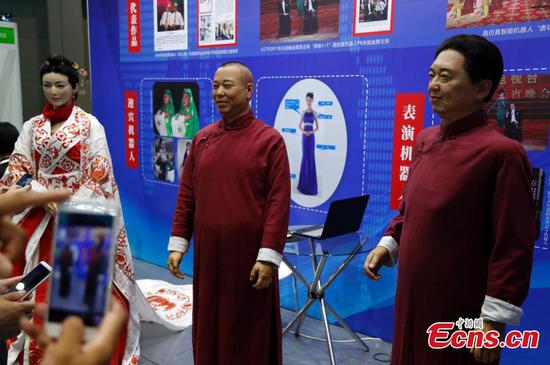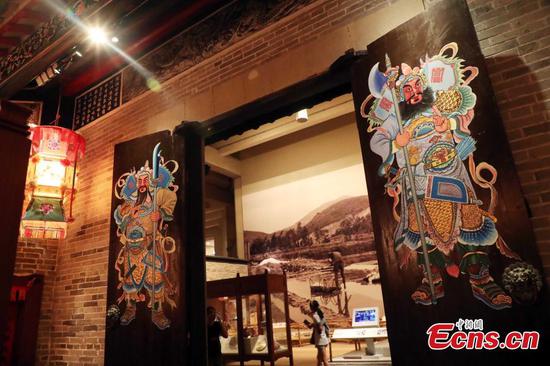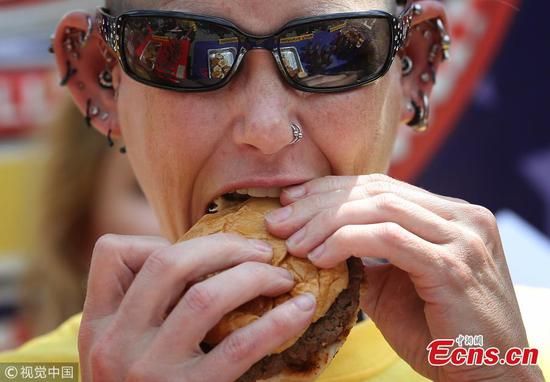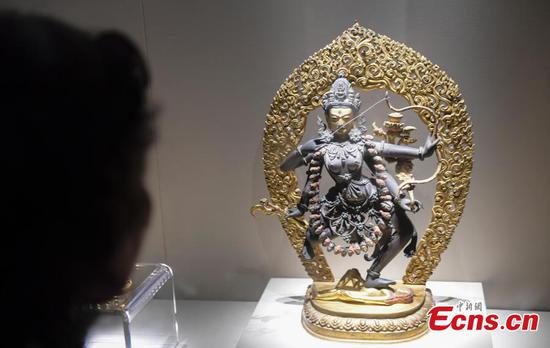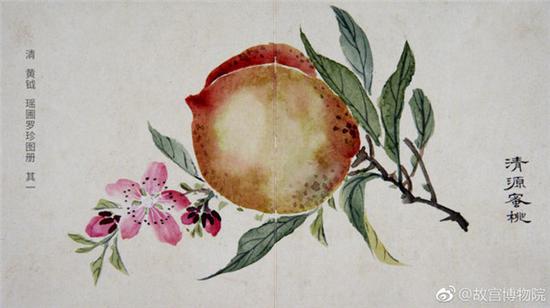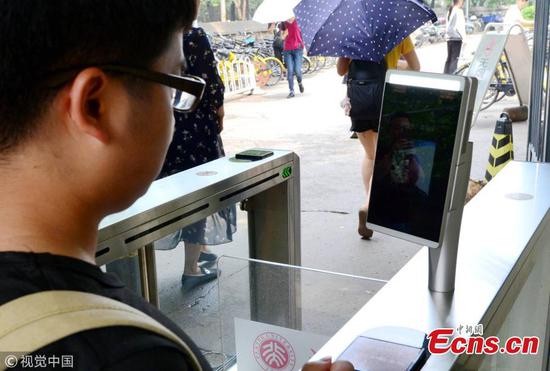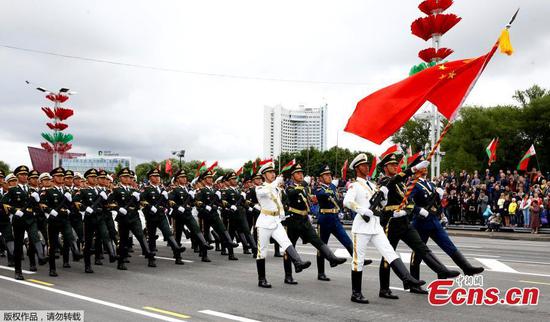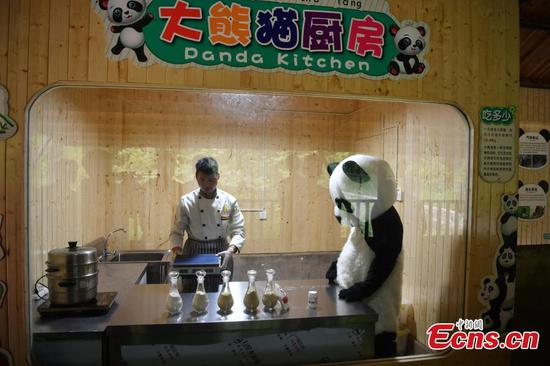Loyal tea-drinkers are still aplenty in China, but the country has also been steadily picking up the habit of now opting for coffee as a go-to beverage.
Not just the likes of instant coffee – although it still remains popular according to reports – but also, specialty coffee found in independent, boutique cafes. This comes as Chinese consumers yearn for a higher quality and more sophisticated lifestyle that includes better food and drinks, spurred by a rising middle class.
For undergraduate student Peizhen, international brands like Starbucks first introduced her to the world of coffee some two years back, and she would consume it when she was tired from studying.
The situation is now different.
“But now when I find out that I have many other [alternative] options through social media platforms like WeChat, I would go to smaller places because it has a better atmosphere. The taste of coffee is also better because it is made with special craft,” she told CGTN.
And Peizhen now appreciates drinking coffee. The taste of coffee beans she refers to as a pleasure and she has three to four cups a week.
Specialty coffee still in early stages
Michael Hongfu, founder of Flatwhite Café deems China’s coffee market as being at the crossroads between instant and commercial coffee, and that it’s still early stages when it comes to specialty coffee.
“It's still early stages in China when it comes to specialty coffee. That being said, the future of this market lies in quality coffee, which the American market has transitioned into,” he said.
FlatWhite was established 12 years ago and now has 16 outlets.
Hongfu said he has been cautious in expanding aggressively, despite acknowledging it is every entrepreneur’s wish to do a business well and “big.”
“The biggest challenge for us is when it comes to fast consumption, e-commerce, the likes of Waimai (delivery), how do we ensure the coffee is still in its optimum condition when delivered to your place.”
Does scale matter?
China’s coffee market has attracted the entrance of new players and expansion of existing ones.
Starbucks, said in May it will double down on its number of stores to six-thousand over the next five years. The coffee chain held a 58.6 percent market share of China’s coffee market in 2016, according to Euromonitor.
Bruno Lannes, partner with consulting firm Bain & Co said in retail, consumers are mostly loyal to a location more than a brand.
“As long as you have these local presences, I think then you can have loyal consumers. And so the game for many of the retail chains is really to increase the number of stores, then they can increase the possibility of creating loyal consumers. Otherwise it’s going to be just limited to the very near neighborhood of where the store is,” he said.
From this standpoint, Lannes said there is plenty of room to grow, with the question being the appetite of Chinese consumers for coffee as a beverage.
“China is a tea-drinking country originally, but coffee has made inroads and when you look at Korea, Japan, and other Asian markets then you say, coffee can have a big share there – that’s why many coffee players with different format, different value proposition are attacking this market.”
Does China have room for more players?
Lannes said coffee shops are a fragmented market and hence, while everyone talks about the same names, there is “room for consolidation.”
“And could we see 5 or 6 players emerging with 5-thousand, 10-thousand stores or more independent, more innovative models like we have seen in other markets.”
The underlying driver, according to Lannes, is the appetite of Chinese consumers for quality products and experience.
“We also see a big trend which we mentioned in the [China Shopper Report 2018] with the growth of teashops, juice bars and coffee shops; where non ready-to-drink beverage is growing very fast,” said Lannes.
Meanwhile, Hongfu of Flatwhite Café said “absolutely”, when asked if China’s coffee market has room for more new players.
“China's coffee market has huge potential for growth, where it's not enough for just one business or big player to compete in. Imagine if China’s consumption habits [truly] transition from tea to coffee,” he said, citing an average coffee drinker in America drinks 45 times as much as the average Chinese in a year.









